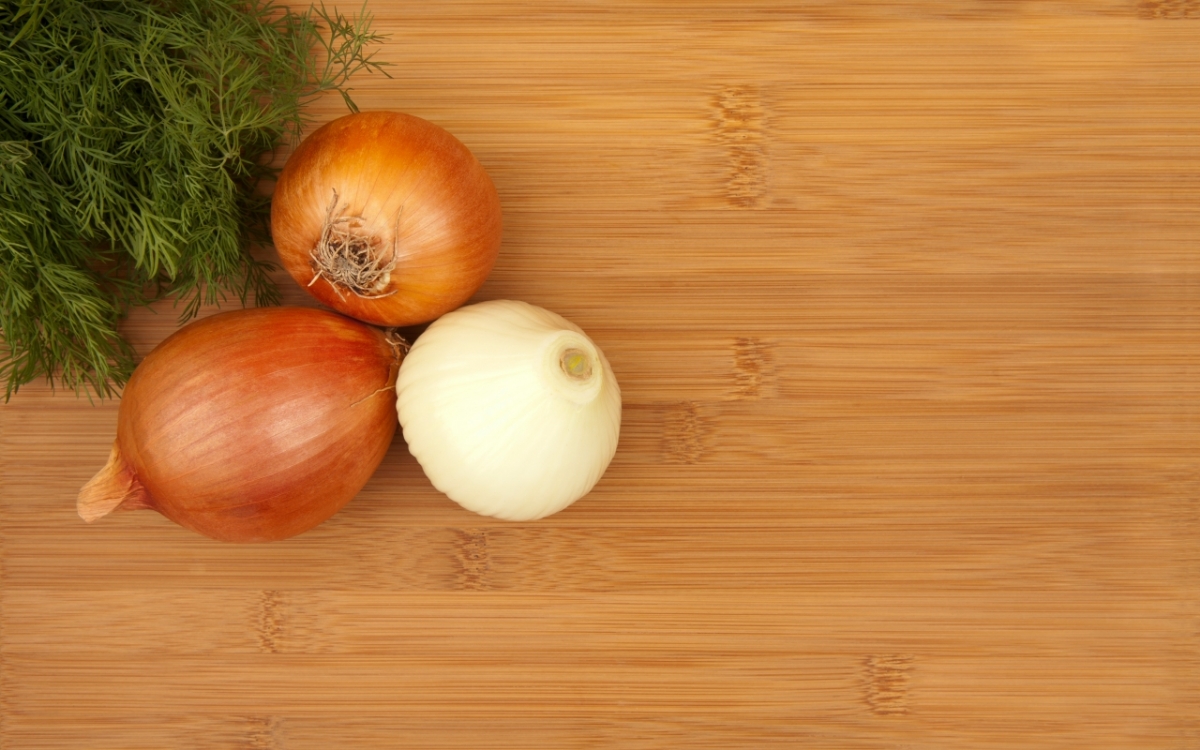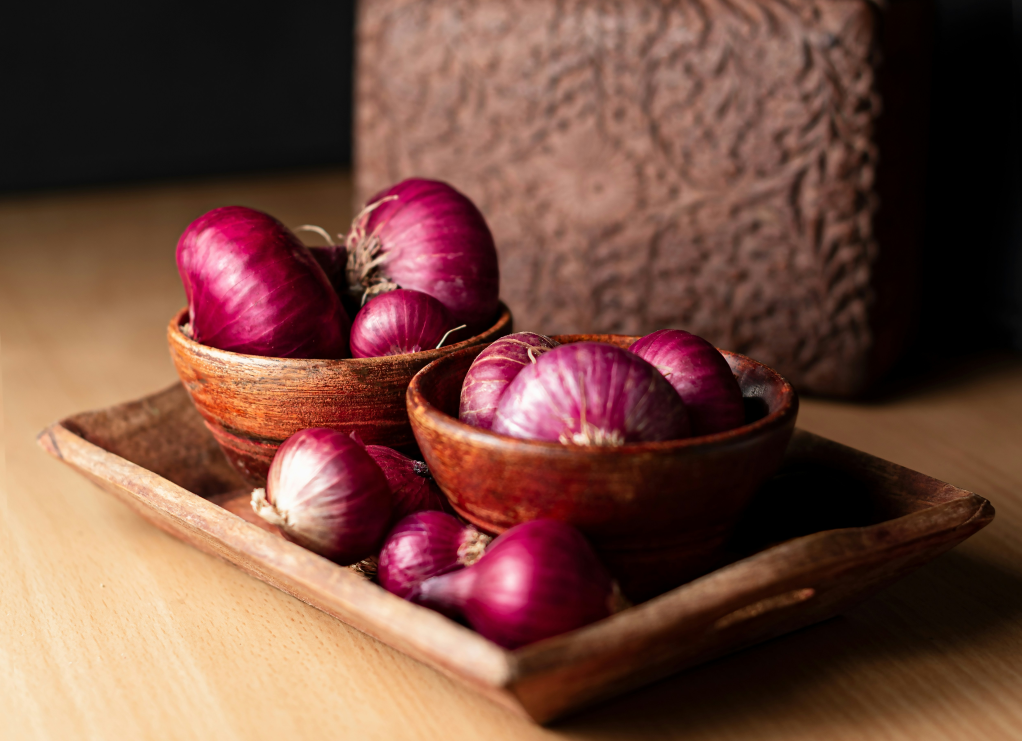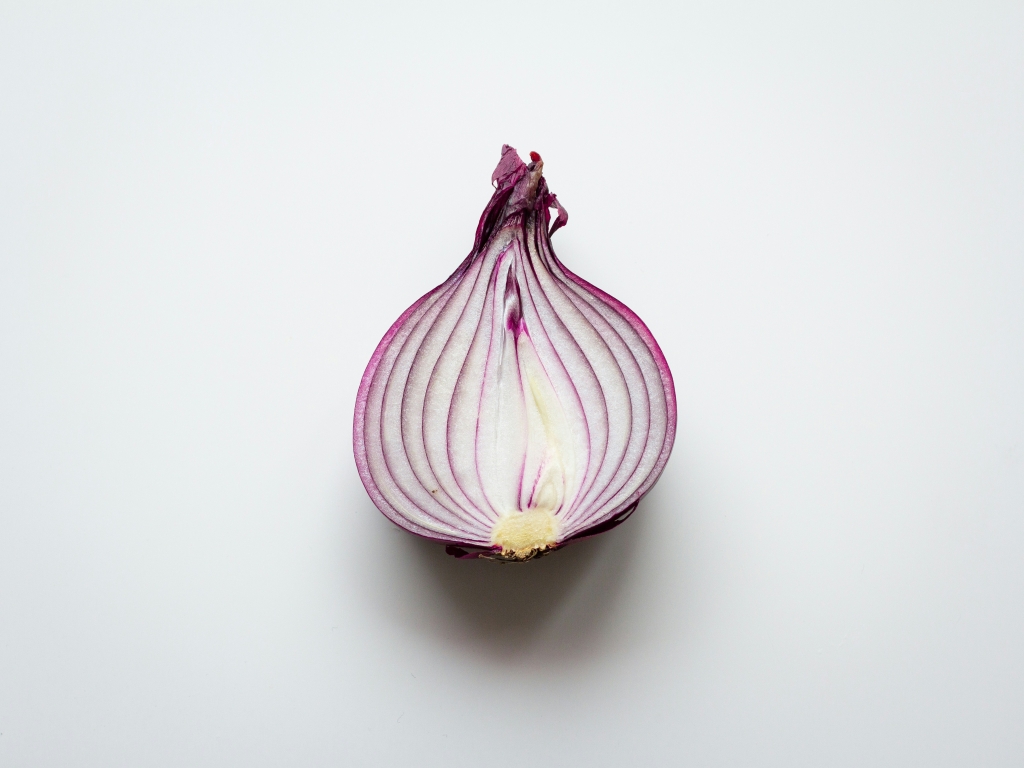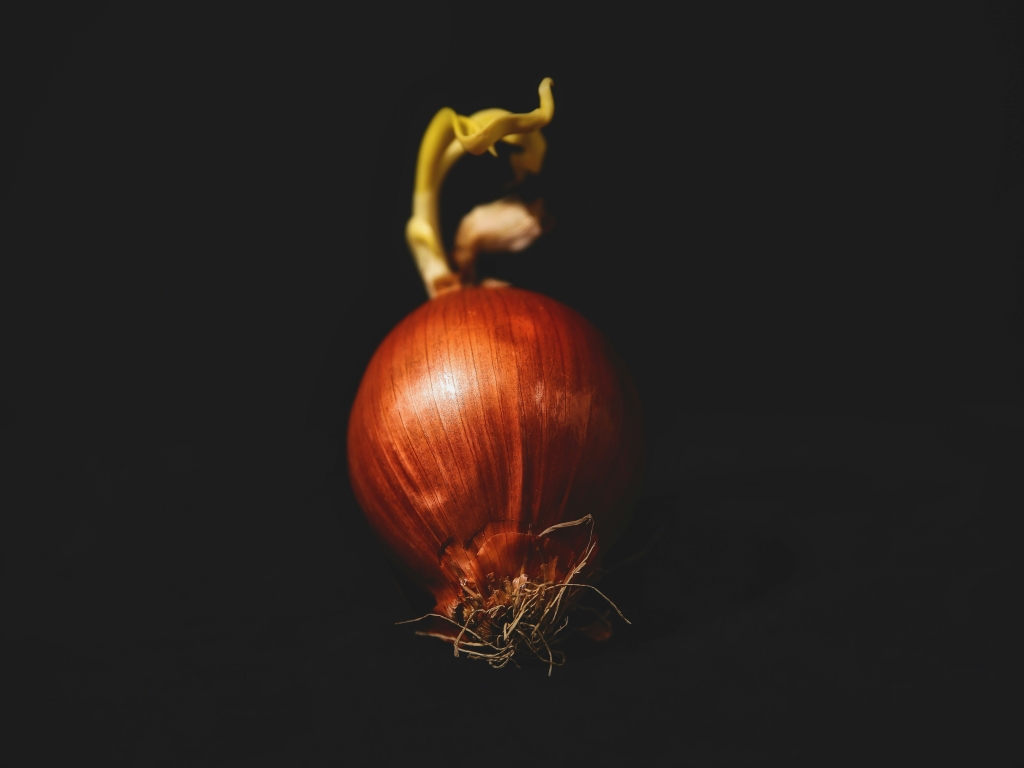Why does onion bring tears to our eyes?

They may look calm and innocent sitting pretty in the grocery store or in your cupboard, but as soon as you cut them open, water canals appear.
Of course, it's not the vegetables themselves that are crying, it's us. Onions and their relatives are somehow seeking revenge on us, their masters, with burning eyes, runny noses and almost unstoppable tears. But how do they do it?
The answer is more interesting than you think.
The science of hiccups
So what's behind the tears shed while chopping onions? As you know, there are three types of tears that our bodies produce: basal, emotional and reflex - and we can rule out one of them pretty quickly, because unless you are frankly ridiculously empathetic, you're probably not crying out of grief at having to cut up a poor defenseless vegetable.
Onions are also not responsible for basal tears, which you are actually shedding right now. "These are your basal tears. Your eyes roll in them all day," explains the Cleveland Clinic. "They contain fat, mucus, water and salt and help fight infection."
And so, by process of elimination, we have our answer: chopping onions makes us shed reflex tears: "your eyewash tears", according to the Cleveland Clinic.
"The glands under your eyebrows expel these tears when you peel onions, vomit, or get dust in your eyes. They flush out the substance that irritates your eyes," they write. "These are the kind of tears that run down your face when your allergies kick into high gear."
So what makes vegetables so irritating? It's actually a pretty neat (albeit obviously failed) defense strategy of onions - and the science behind it is so complex that it took us until the 21st century to figure out how it worked.
So why onions?
Onions may not feel pain, but that doesn't mean they're happy to be eaten: they're actually bulbs of a perennial plant, so their purpose is to survive underground for as long as possible.
Prof. Eric Block, chemist and author of Garlic and Other Alliums: The Lore and the Science, told NPR in 2010 that it's a "very difficult world" for these vegetables, "a world with lots of earthworms in the soil and animals that exist as bulbs and will devour something that has to survive in the soil."
"If you live in the soil as a perennial plant . you have to defend yourself and you can't escape," he explained. "Plants can't run away. So they stay and fight, and they're great at it."
Indeed, it turns out that the backup plan for "running away from a worm" is all-out chemical warfare. Cutting an onion - or crushing it, or eating it whole, like an apple - triggers a series of reactions that begin with the release of a specific amino acid called S-1-propenyl-L-cysteine sulfoxide (as a side note: chemists, please come up with shorter names for the things you discover).
This amino acid starts to react with the water and enzymes released from the broken cells of the onion, and this produces something called 1-propenyl sulfenic acid - as well as a whole range of new chemicals that we are not interested in at the moment, to be honest. This turns into a gas called propanethial S-oxide - and that's the reason why we cry.
Why? Because propanethial S-oxide - chemical formula C3H6SO - reacts with water to form H2SO4, sulfuric acid. And guess where there is a lot of water? That's right: in the tears that constantly coat our eyeballs.
Luckily (or unluckily, depending on how you look at it) our corneas are incredibly good at detecting things like this - in fact, they have about 400 times more pain receptors per square millimeter than skin - so this acidic interloper immediately triggers our reflex tears to start flowing.
"Part of the reason why studying alliums is so much fun is that the chemistry is absolutely fascinating," Block said. "I believe the whole thing is Darwinian . They are not there for our pleasure. They're there to ensure the survival of the plant."
How to chop onions without tears
This is all very interesting, you may be saying, but it doesn't help me to prepare this lasagna. Is there a way to get around all this chemistry and chop the onions without chopping them?
Actually, there is - and again, it's all based on science. "Before you can find a cure, you have to consider the chemistry involved," says Block. "So, the molecule that causes the rupture is a very small molecule. It's very soluble in water, and because it's a small molecule, it's relatively easy to go into the gaseous phase."
"So what you do is either cool it before you cut it, which reduces its volatility, you use a kitchen hood to draw the fumes out, or you cut it under water," he advised. "Or [do] anything else that will remove a small water-soluble molecule from the air."
More creative solutions you may have heard of - chopping it between your teeth with a match, for example, or using a piece of bread - are pretty much useless, he added.
But if you're really suffering a lot, there may be hope on the horizon. For a long time, scientists thought that an enzyme called alliinase, one of the many chemicals responsible for the characteristic flavor of onions, was responsible for our crying. But this hypothesis was proven wrong in 2002 when a team of researchers from Japan discovered a previously unknown substance in the vegetable and named it tear factor synthase, or LFS.
Why is this important? As the team suggests in their paper, "by reducing the activity of this synthase enzyme, it may be possible to develop a non-bleaching onion that still retains its characteristic flavor and high nutritional value."
In other words, one day we could grow onions that don't make us cry every time we cut them. But until then - I guess we'll be stopping by the gas mask shop on our way to the produce section today.
Thanks for reading.







































